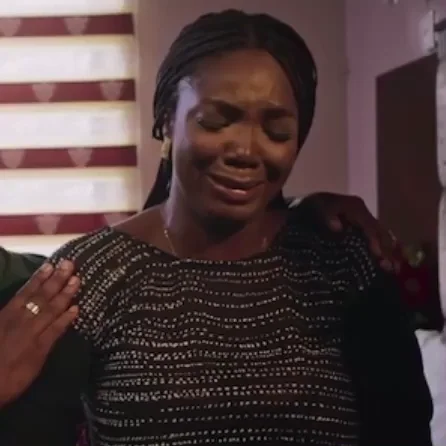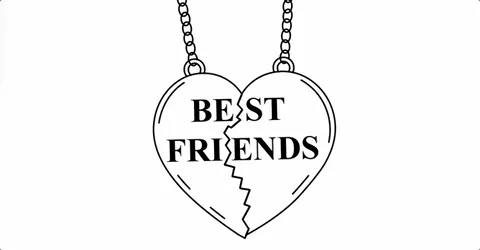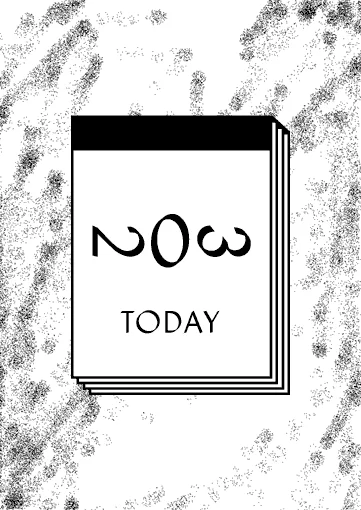Sometimes, we lose friends. One minute, you’re texting back and forth like usual, and the next...nothing from the other side.
Maybe their messages started slowing down bit by bit, or maybe they stopped replying suddenly.
 Photo by Daria Nepriakhina 🇺🇦 on Unsplash
Photo by Daria Nepriakhina 🇺🇦 on UnsplashWhere did they go? And why?
It can leave you feeling confused, lonely, and heartbroken. Moving on from being ghosted by a friend can be tough, but there are ways to cope with it.
Acknowledge the Pain
Often, ghosting reflects something the ghoster is going through rather than anything about the person being ghosted.
Maybe they’re going through something tough, or maybe they just don’t have the emotional capacity to deal with your feelings.
Either way, you’re left hurt. It’s valid that your friend has their limits, but it’s just as valid for you to feel shaken up by being ghosted.
Let yourself feel the pain, and try to make peace with the fact that people will come and go in your life. That’s the first step toward healing.

Deal with Guilt
Sometimes a friend may ghost you because they're hurt by something you did or said. This may bring up feelings of guilt or shame in you, along with the pain of loss.
 Photo by Volkan Olmez on Unsplash
Photo by Volkan Olmez on UnsplashIf you think you may have hurt them, take a moment to reflect on your past interactions and decide whether an apology is warranted. You can reach out with a brief, sincere message, but be prepared for the possibility that the friendship may still come to an end.
Learn to Let Go
Begin detaching from the ghoster mentally and emotionally.
 If you feel like you need closure, it’s okay to send one final message. But don’t flood their inbox asking why they ghosted you or venting your frustration. It won’t help, and you deserve better. Alternatively, you may find closure by writing them a letter that you don't send.
If you feel like you need closure, it’s okay to send one final message. But don’t flood their inbox asking why they ghosted you or venting your frustration. It won’t help, and you deserve better. Alternatively, you may find closure by writing them a letter that you don't send.

Setting boundaries for yourself is a healthy move. If it makes things easier, go ahead and block their number and social media. Do whatever you need to avoid reaching out again.

Try to keep your mind occupied. Pick up a new hobby, hang out with people who lift you up—anything that helps you move forward and feel good again.

Another coping technique is to keep your mind clear. Listen to a supportive guided meditation that helps you release emotions and gain closure after loss.

You can also journal to process the loss, vent about your feelings, or plan your approach to other friendships and relationships.
Talk It Out
Communication is still important, but that doesn’t mean you need to reach out to the ghoster. Instead, talk to someone you trust, like a close friend, mentor, or therapist. Sharing what you’re going through can really help lighten the emotional load.
Sometimes, a fresh perspective or a bit of outside support can make all the difference. You might even realize things you hadn’t considered before, and that can be a big part of moving on.
 Photo by Priscilla Du Preez 🇨🇦 on Unsplash
Photo by Priscilla Du Preez 🇨🇦 on UnsplashTime Heals in the End
Remember: give yourself time, especially when the wound is still fresh.
 Photo by noor Younis on Unsplash
Photo by noor Younis on UnsplashIt’s completely normal to feel wrecked by the space your ex-friend left behind.
You might find yourself devastated, wondering why it happened or why you didn’t matter enough to them.
But don’t be hard on yourself. These thoughts and feelings are a natural response to loss. With time, you will move on — even if it doesn’t feel like it right now.
Quiz: Samira's Situation
 Samira and Yvette used to be close friends, spending time together often and texting each other every day. Then, three months ago, Yvette suddenly cut off all contact without explanation.
Samira and Yvette used to be close friends, spending time together often and texting each other every day. Then, three months ago, Yvette suddenly cut off all contact without explanation.
What should Samira do?
A. Shut herself in her room, going over what she has done wrong.
B. Try calling Yvette multiple times to figure out why.
C. Respect Yvette's choice and leave Yvette alone.
D. Talk to a trusted friend about how she is feeling.
Quiz
What’s the right thing for Samira to do? Select all that apply:
Take Action

Take a moment to reflect:
Your feedback matters to us.
This Byte helped me better understand the topic.
